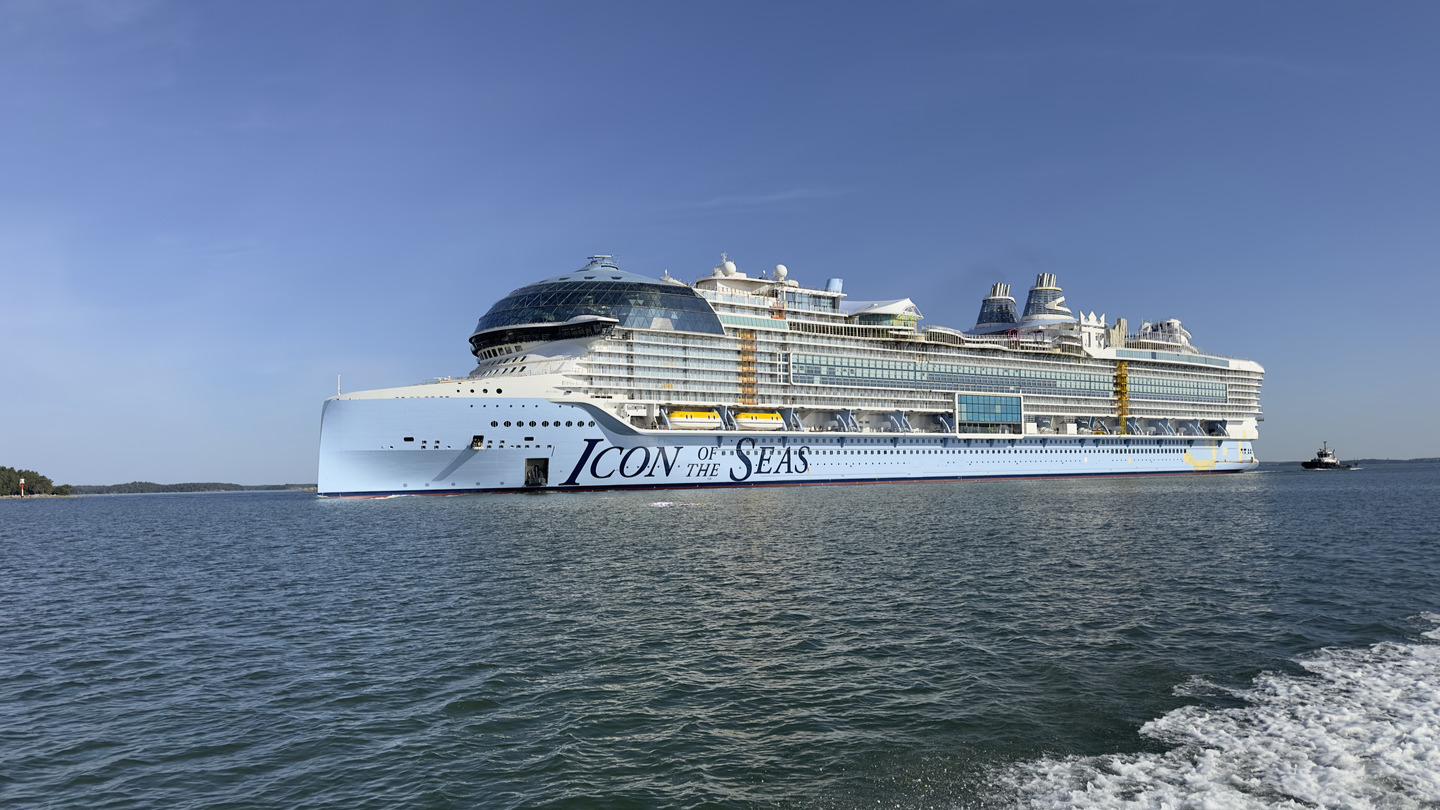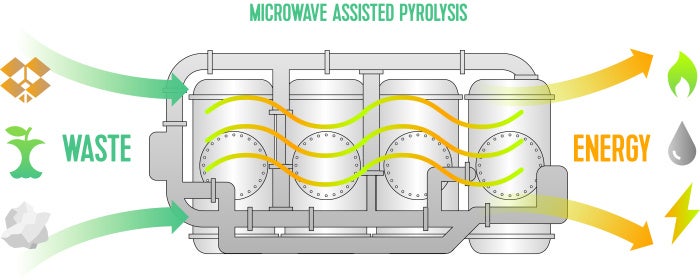
Cruise giant Royal Caribbean Group has revealed what it called its “next-generation” waste management technology which will turn solid waste directly into energy on board cruise ships.
The industry-first Microwave-Assisted Pyrolysis (MAP) and Micro Auto Gasification (MAG) systems will be used this year on two of the company’s new LNG-powered ships, the Royal Caribbean’s Icon of the Seas and Silversea Cruises’ Silver Nova.
The systems take the waste generated on board the cruise ships and turn it into synthesis gas that can be directly used as energy. An additional byproduct called biochar can also be used as a soil nutrient.

President and CEO Jason Liberty said: “Pioneering the first waste-to-energy system on a cruise ship builds on our track record of waste management and furthers our commitment to remove waste from local landfills and deliver great vacation experiences responsibly.”
Liberty also highlighted the role of the new systems in the company’s SEA the Future sustainability strategy which includes a plan to reduce food waste by 50% by 2025.
In addition to the new waste-to-energy systems, the company has also added the Galapagos Islands to its Green Hub program, which identifies waste vendors in key ports that can divert its waste from landfills and has so far helped to divert 92% of the group’s waste.
Royal Caribbean also showcased a series of initiatives designed to reduce food waste across the company’s operations, taking steps such as using AI to adjust food production in real-time and introducing a dedicated onboard food waste role.
Other initiatives include developing a platform to monitor food supply and estimate how much food should be produced and ordered each day and working with the World Wildlife Fund on a food waste awareness campaign for crew dining areas.
The sustainability of cruising has become one of the main focuses for the industry, which has seen criticism for its effect on the climate and the world’s oceans, with companies across the industry working on decreasing their impact, including Disney Cruises and Havila Voyages.



